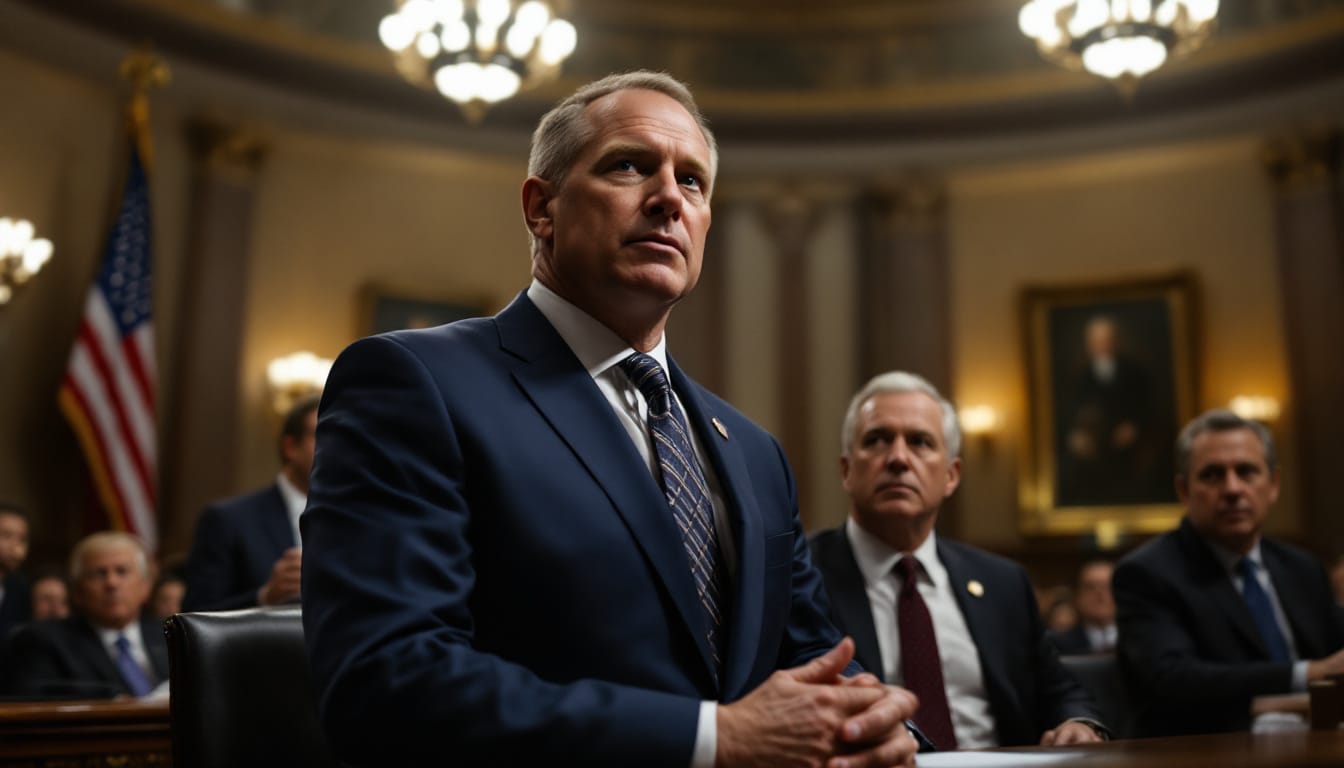During the recent JPMorgan conference, Eli Lilly’s CEO, David Ricks, shared revealing information regarding the commercial performances of the drugs Mounjaro and Zepbound. Despite impressive growth, the company found that its sales did not meet the initially set expectations, leading to adjustments in its financial forecasts. Several factors were mentioned, including changes in prescriptions and the availability of treatments, which led to results below projections.
At the annual J.P. Morgan Healthcare conference, Eli Lilly’s CEO, David Ricks, addressed the disappointing sales of its drugs Mounjaro and Zepbound. Despite a 32% revenue growth in 2024, this performance is considered unsatisfactory compared to initial expectations. Ricks attributed this situation to several factors, including lower sales during December, as well as changes in insurance policies that limited the number of prescriptions for patients. He also emphasized that the availability of the medications was insufficient at the end of the year, but rejected the idea of a general slowdown in the adoption of treatments.

At the annual J.P. Morgan Healthcare conference, Eli Lilly’s CEO, David Ricks, discussed the sales lower than expected of the drugs Mounjaro and Zepbound. In 2024, the company’s revenue growth reached 32%, a figure that, while significant, did not meet the initial forecasts. Ricks intrigued investors through his comments, seeking to assuage fears regarding a performance deemed below the hopes placed in the technology of these medications.
the reasons for the forecast adjustment
The adjusted forecasts presented suggest a revenue of $13.5 billion for the fourth quarter, a decrease of $400 million compared to initial expectations. This decline is explained by Mounjaro and Zepbound sales that did not meet the market anticipations, mainly due to the lower than expected sales of these medications. Ricks highlighted that the adjustments are part of managing a company operating in such a dynamic and unpredictable sector.
the challenges faced in the market
Several factors led to this slowdown in sales. Ricks noted that changes made to Medicare regulations may have hindered patients trying to avoid obtaining two prescriptions in one month. Furthermore, Eli Lilly found a stock of Mounjaro and Zepbound lower than anticipated. Despite this, Ricks expresses a measured optimism about the future development of these medications in the market.
During the recent annual J.P. Morgan conference, the CEO of Eli Lilly, David Ricks, explained the reasons why the sales of the flagship drugs Mounjaro and Zepbound did not meet investors’ expectations. Although the company recorded a 32% revenue growth for the year 2024, this figure was deemed disappointing compared to previous forecasts. Ricks acknowledged that the downward revision of the forecasts for the fourth quarter, set at approximately $13.5 billion, was primarily due to the lower than expected sales of these diabetes and obesity treatments.
One of the key elements highlighted by Ricks is that the sales of Mounjaro, which were expected to amount to $3.5 billion for the last quarter, underperformed due to a more complex market dynamic, including changes in insurance plans and limitations imposed on multiple prescriptions. Indeed, changes in Medicare Part D prevented some patients from obtaining two different treatments in a single month, which contributed to this disappointment.
Additionally, Ricks mentioned that insufficient stocks of these medications at the end of the year also impacted sales in the fourth quarter. Despite these challenges, he remains optimistic about the future of metabolic medications, asserting that the market is still in a growth phase. He emphasized that the existing demand for these treatments is promising and that several new opportunities, such as the extension of the use of tirzepatide to other medical indications, should drive sales in the future.









